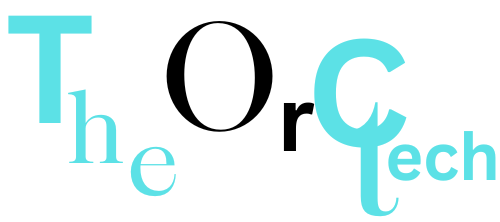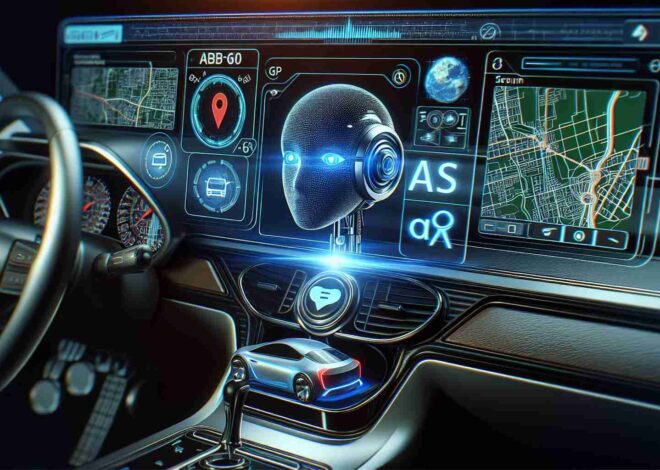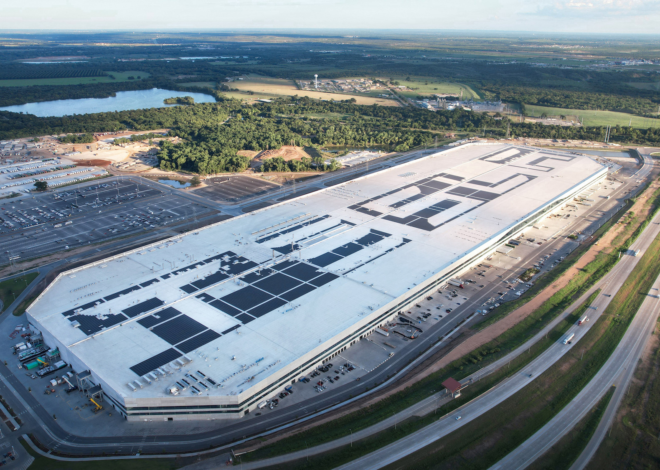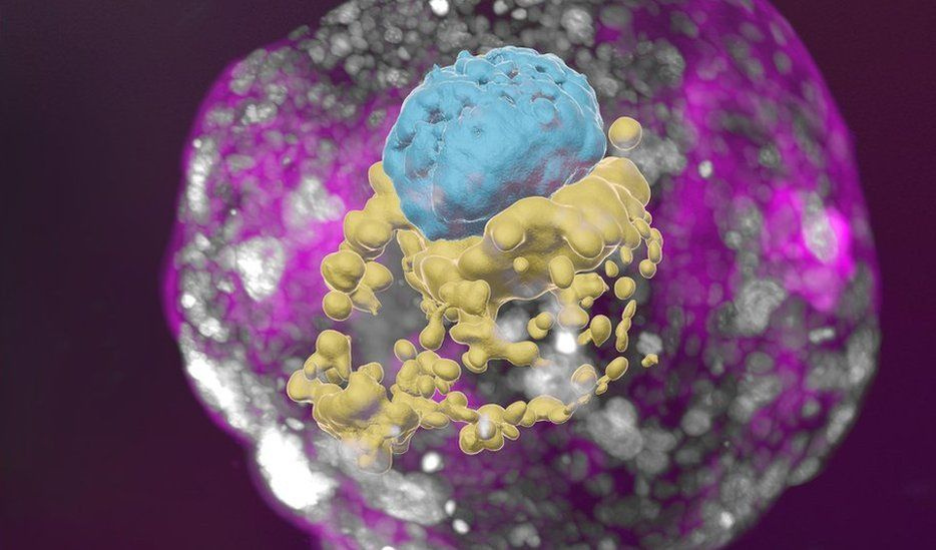
Scientists Grow Whole Model Of Human Embryo, Without Sperm or Egg
“Scientists create complete human embryo models in the lab using stem cells, offering insights into early development, IVF, and medical research while raising ethical questions.”
Scientists have made a big discovery. They’ve made “complete” models of human embryos in a lab without using sperm, eggs, or a womb. These tiny structures look a lot like 14-day-old human embryos.
Why is this important?
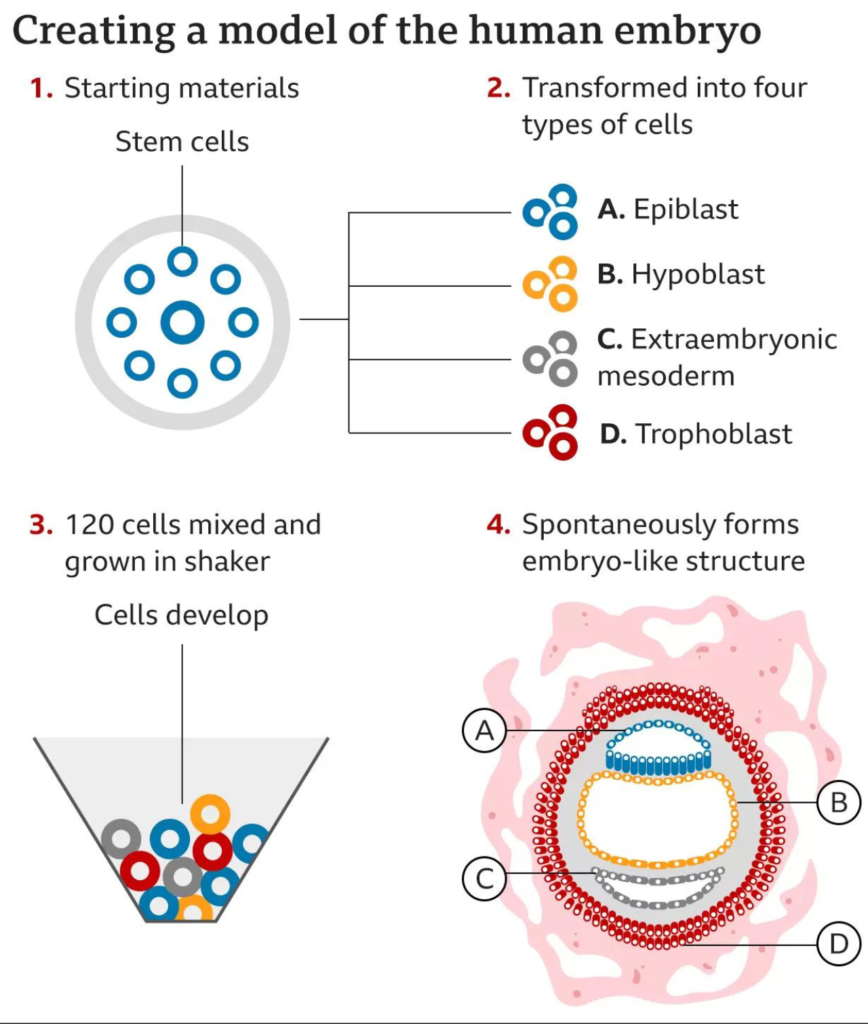
These models can help us learn more about the very early stages of human development, which we didn’t know much about before. They could be super helpful in fertility research, testing medicines, and even organ transplants in the future.
Led by Prof Jacob Hanna at the Weizmann Institute in Israel, the research involved the combination of naive human stem cells, capable of differentiating into various cell types, to mimic the four key cell types found in early human embryos. These cell types include epiblast cells (which develop into the embryo proper), trophoblast cells (future placenta), hypoblast cells (supportive yolk sac), and extraembryonic mesoderm cells.
Approximately 1% of these manipulated stem cells spontaneously organized themselves into structures closely resembling human embryos. These models displayed intricate architecture, with trophoblasts enveloping the embryo, cavities for nutrient transfer, a yolk sac with roles akin to the liver and kidneys, and a bilaminar embryonic disc—a hallmark of this developmental stage.
Also Read “The Future: Silicon Valley Elites“
While these embryo models are legally distinct from embryos and cannot lead to pregnancy, they hold great potential in several areas of research. For instance:
- Understanding Early Human Development: These models can help elucidate how different cell types emerge and the initial steps in organ formation. Researchers can also investigate inherited or genetic diseases within this context.
- Improving IVF Success Rates: By studying why some embryos fail, scientists may enhance the success rates of in vitro fertilization (IVF), benefiting couples struggling with infertility.
- Evaluating Medication Safety: The models can be instrumental in assessing the safety of medications during pregnancy, providing critical data for pregnant women’s healthcare.
Additionally, these models may facilitate the creation of organs for transplantation using a patient’s own skin cells. By growing model embryos for a limited time, specific organs could be developed as a source of transplantable cells, thereby addressing medical needs and saving lives.
Also Read “Secure Your Digital Future“
However, the research raises ethical considerations, especially regarding the potential extension of embryo development beyond the 14-day stage. While this is legally permissible, some may have reservations about the implications of such advancements.
The creation of complete human embryo models from stem cells represents a remarkable scientific achievement with far-reaching implications. It not only enhances our understanding of early human development but also holds promise for addressing medical challenges and advancing pharmaceutical research while prompting essential ethical discussions. This breakthrough underscores the ever-evolving frontier of science and its potential to revolutionize healthcare and our understanding of life’s fundamental processes.
